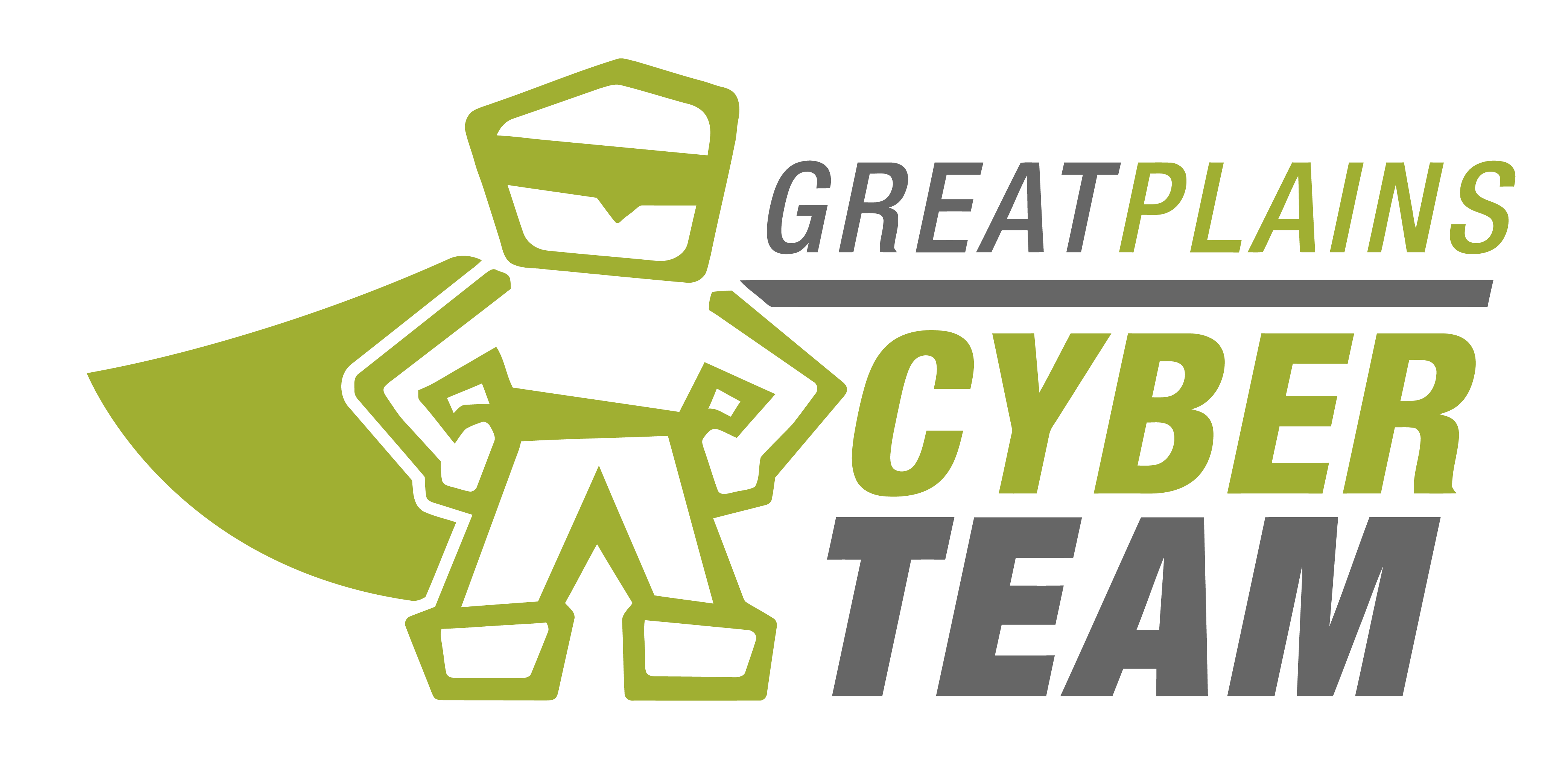An Update on USD CI Improvements to Advanced Chemistry and Neuroscience Research

The Great Plains Network Regional CyberTeam supports and advances computational and data-intensive research across the region through the development of a mentor and mentee program. An experienced staff member (mentor) at one university is paired with eager learners (mentees) at another university. The mentor is a full-time staff member, but the mentees can be full-time staff or student workers interested in cyberinfrastructure training.
The University of South Dakota (USD) was the GPN CyberTeam's first engagement. It was an opportunity to help researchers and develop and refine the CyberTeam engagement process. It was a great pilot engagement because staff at USD were listed as Senior Personnel on the grant, the result of a longstanding working relationship with other GPN members.
The first step was locating two researchers who could utilize CyberTeam's help. The USD HPC team knew two whose research was limited by their current work flow. This was USD's opportunity to discover exactly what the scientists needed and receive mentoring, making their research goals a reality.
CyberTeam sent a six question pre-engagement questionnaire to USD:
- What capabilities does your site have to support research computing in the following areas?
- Support Personnel
- Data Handling
- Cluster computing/HPC
- Networking
- University-supported data curation and archive
- Training and User Support
- How do your current capabilities keep you from doing what you’d like to do?
- In what ways do you envision the Cyberteam can best assist you to reach these goals?
- What research and/or education would this enable?
- What software and/or workflows are you currently running? Please include input and output data sizes, memory requirements, and computing resources used, if known.
- What software and/or workflows would you like to or cannot currently run?
Some of these questions were aimed at HPC staff and some at the scientists. It takes a team to do science these days. Asking questions like this ensures that all the people who need to be part of the conversation are invited.
These questions are open ended. Based on how USD answered, a second round of questions were sent to narrow down the best mentors for them.
The next steps in the process were a series of online meetings, culminating in a site visit. One principle the CyberTeam followed was that excellence was more important than speed. The whole process did take longer than was initially estimated, but the results were far reaching.
There were two major outcomes from the CyberTeam engagement. One was a Software Carpentry workshop for the USD campus. It was well attended.
The other was an improved workflow for the two scientists. Both of these have a long lasting impact. Software Carpentry workshops teach students and scientists how to use programming languages in their research. An improved workflow leads to more scientific discoveries.